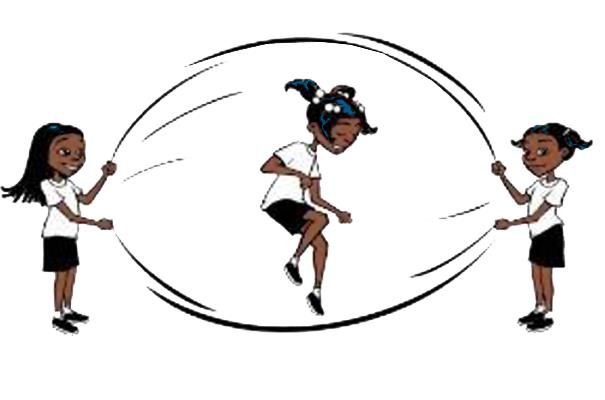A Tale of Two Posts
On a group’s page, I shared a Facebook post by Ally Henny, written after the murder of Ahmaud Arbery became another shame upon our nation. This post got five “likes” and 13 comments.
Henny began with this paragraph:
Honestly, I don’t need white folks sympathy right now because we have been telling you on this very app for years that there’s a problem. Y’all will cry a few tears, make some posts, and then not do crap beyond that. What are you going to do different?
And ended with these two paragraphs:
Some of yall are mad because you see yourself as good and you think that I shouldn’t snap at people who want to help. Fine. If you want to help you need to get out here and COLLECT YOUR PEOPLE. You have to deal not only with your own racism but you must get your people to do better. You have to stop tolerating it. You have to seek a brand of justice that elevates the marginalized more than it makes you look good.
At this point your feelings might still be hurt because I called you complicit. You might think that I’m being too extreme and unhelpful. But I don’t care. All I can think about is the times that it could’ve been me bleeding out on the street. So your feelings are really the least of my concern. Peace.
I added these words to my share: “Your thoughts -- about this or anything else related to this? Please don't be defensive in your response.”
The first person who commented ignored my request to forego defensiveness, pointing to her own work for racial justice and in a later comment exhorting us to make her marginalization matter. The second response was from the same person letting us know that this kind of “shaming and angry” attitude did not promote dialogue.
Henny’s post did not ask for dialogue. It called for action: “What are you going to do different?“ and “COLLECT YOUR PEOPLE.”
Other responses were more supportive of Henny’s anger, questioning other people’s lack of outrage, and accepting that they have a role to play in making things different. I just hope they follow through.
“Kindness is not the same thing as justice.”
The next day I shared Tiffanie Harrison’s article “Dear White Friends, I Need You to be Loud” on medium.com. This post got seven “likes,” seven “loves,” three comments, and five “shares” (and still counting as I write this).
I added one sentence to my post, a quote from the article: “Kindness is not the same thing as justice.”
What is most interesting to me is that both Henny and Harrison were saying essentially the same thing: Silence is complicity. Henny expressed her thoughts with outrage. Harrison was more tactful with her pain and anger.
Henny brought out one person’s defensiveness. Nobody loved Henny’s ideas. Few people liked her. And although there were comments of agreement, no one shared her outrage.
Harrison got more love than likes with almost three times more loves and likes together than Henny’s likes. And five people shared her ideas.
Of Henny’s comments, almost five times as many as Harrison, eight were from or in response to the woman who was offended. Some were trying to assuage her pain, mollify her anguish. The other five were in support of Henny’s point of view.
Conclusions
- Words articulated tactfully, without offensive language, are received more kindly than words of anger and outrage.
- People hesitate to share outrageous anger.
- Of all the things to be in the world, most people want to be kind -- even when kindness does not bring justice.
- I’m not most people; I do not live in a world that will allow me to be anything.
- There is work to be done if we are to live in a just world.
- I don’t want dialogue. I want action.
- I cannot keep burying my outrage in kindness.





Comments
Post a Comment